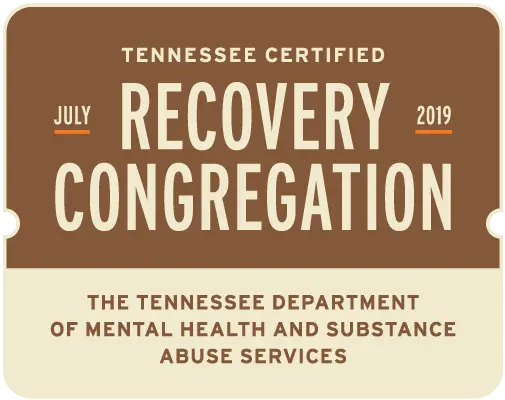Boundaries are important for everyone, even if the person is not in, or affected by, active addiction. We each like to have our personal space, whatever that may look like. Setting firm guidelines are especially needed for families and friends who are affected by addiction. This is also true for an individual trying to maintain sobriety. Relapses and setbacks during recovery can happen in part due to a lack of boundary setting?
What Is A Boundary?
Boundaries can be physical or emotional in nature. We set them to help keep ourselves safe and protected. That does not mean that every time we draw a line in the sand we are taking a positive step. While healthy boundaries will encourage feelings of security, support, and respect, unhealthy boundaries promote manipulation and control. Often, the not-so-healthy boundaries are utilized to keep others at bay or are too invasive towards others. One must note that boundaries occur on a spectrum; thus, much of what you may be doing could fall in various places between a rigid boundary, a healthy boundary, and a passive boundary.
Sometimes, it is difficult to identify whether we are setting a healthy boundary or not. This is especially true in situations where there is abuse or trauma. It is easy to fall into the trap of blaming ourselves for other’s behaviors and actions and allowing shame to overtake our decision-making process.

Here are some tips to aid us in deciding if we should set a boundary and how to go about doing so:
- Investigate your reasoning for setting the boundary. Are you doing so to avoid triggers that could otherwise encourage you to relapse? Have you forgotten your own desires and emotions and began to neglect self-care due to focusing all your energy on your loved one’s addiction? If your response signifies a desire to make the change for yourself versus an attempt to control another person, a boundary could be beneficial.
- Communicate what you need in a straight forward, honest, firm, and respectful manner. Do not engage in arguments or debates regarding the subject matter. Keep your answers short and to the point.
- Utilize “I” statements (“I need, I want, I feel”). This lessens the chance that the person you are speaking to will become defensive.
- Demonstrate that you mean what you say. Prove that you are sticking to your limits through your actions.
- Utilize an outside support network to help you to keep strong.
Boundaries and Addiction
Boundaries show that we respect ourselves and our loved ones in the same manner that taking control of our addiction does. All of this is hard work and takes practice. Who better to aid in the teaching process than Discovery Place of Burns, Tennessee? Call us today at 1-800-725-0922 to take control of your addiction!
During your time with our alternative treatment program, you will be nestled along the beautiful countryside. Our trained professionals will introduce you to a 12-Step program. Our various programs strive to help you and your loved ones to see the joy of active recovery.


